Table of Contents
Introduction
Influencers are skilled content creators who know how to make engaging content that resonates with their audience. Their unique voices can add value to your brand, helping you connect with potential customers in an organic and meaningful way.
Influencers help in marketing by allowing brands to gain reach within a targeted audience or niche. Influencer marketing as part of your social media strategy can significantly boost campaign performance, increase brand awareness, generate leads, and drive sales.
In this blog, we will take a closer look at who influencers are, why they are important, the different types of influencers, and how to effectively collaborate with them. We’ll also explore real-world case studies that show the power of influencer marketing in action.
Key Stats
- The global influencer marketing platform industry is expected to hit nearly $33 billion in 2025
- 86% of consumers make a purchase inspired by an influencer at least once per year
- 67% of B2B brands use influencer marketing to increase brand awareness, while 54% use it to increase credibility and trust
- Influencer campaigns drive real-time search spikes, as seen in product reviews from top creators.
What is an Influencer?
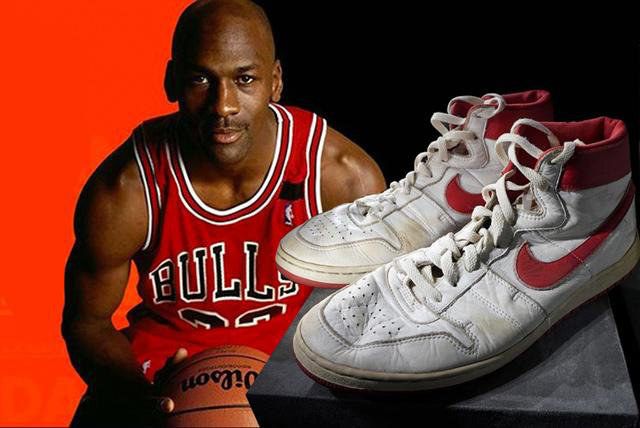
An influencer is someone who has the power to affect the purchasing decisions of others because of his or her authority, knowledge, position, or relationship with his or her audience.
“A brand is no longer what we tell the consumer it is; it is what consumers tell each other it is,” as Scott Cook famously observed, underscoring how influencers facilitate the peer‑to‑peer conversations that truly define a brand.
Scott Cook co‑founded Intuit, the financial‑software company behind QuickBooks, TurboTax, and Mint, and helped grow it into a multi‑billion‑dollar business serving tens of millions of customers worldwide.
- Influencers are usually active on social media platforms like Facebook, YouTube, X, TikTok, and Instagram.
- Typically, each influencer is known for a specific niche—be it fashion, travel, gaming, beauty, cooking, fitness, or any other interest area.
- They create content around their niche, and people who follow them are interested in that particular topic.
Understanding the tiers of influencers helps brands tailor their strategy effectively.

- Mega-Influencers: Mega-influencers are celebrities with over a million followers. They boast mass appeal but often come with hefty price tags. Their endorsements are great for brand awareness on a massive scale, but may lack deep engagement.
- Macro-Influencers: These are individuals with 100,000 to 1 million followers. Macro-influencers offer a perfect blend of reach and engagement and are ideal for larger campaigns targeting specific industries like technology, fitness, or finance.
- Micro-Influencers: Micro-influencers typically have between 10,000 and 100,000 followers. Their audiences are often niche and highly engaged. A fitness apparel brand, for example, might collaborate with micro-influencers to tap into fitness communities authentically.
- Nano-Influencers: Nano-influencers have under 10,000 followers but command the highest engagement rates. Small businesses and niche brands often partner with nano-influencers for cost-effective and highly targeted campaigns.
Importance of Influencers

Influencers gain a following because they’re recognized as authorities in their niche. Influencers are important because they act as trusted voices within their communities, shaping opinions and influencing purchasing decisions. Their importance lies in their ability to:
- Reach both your target and untapped audience: Identifying and connecting with the right audience is key to any successful marketing strategy. Influencers can help you not only reach your target demographic but also tap into unexplored audiences.
- Increase brand visibility: Influencers with substantial and authentic followings can significantly boost your brand’s exposure. Their content reaches a wide and engaged audience, helping your brand stay top-of-mind.
- Boost engagement levels: By creating original and relatable content, influencers can drive higher engagement, encouraging more likes, comments, shares, and new followers for your brand’s social media channels.

- Build credibility and trust: Audiences value the opinions of influencers they follow, especially when those influencers are known experts in their field. Collaborating with them lends your brand credibility and fosters trust among potential customers.
- Drive conversions and sales: Influencer recommendations carry weight. Their positive reviews and product endorsements can directly influence purchasing decisions, leading to higher conversion rates and increased sales.
Types of Influencers
Influencer marketing isn’t a one-size-fits-all approach. Its effectiveness and style vary significantly across industries. Let’s break it down.
Business & Entrepreneurship Influencers

- Thought Leaders & Keynote Speakers: Visionaries like Gary Vaynerchuk and Simon Sinek share big-picture ideas on culture, marketing, and leadership through their best-selling books, viral talks, and multi-week online masterclasses, shaping how organizations think about growth.
- Business Coaches & Consultants: Hands-on advisors (e.g., Marie Forleo, Jay Shetty) offering frameworks for productivity, team alignment, and scaling operations. Collaborations can include co-hosted webinars, signature program discounts, or guest spots in your educational series.
- Corporate Insiders & Analysts: Senior executives or industry analysts provide case studies, quarterly reports, and market intelligence. Brands can engage them for white-paper sponsorships, webinar panels, or exclusive data releases.
Tech Influencers
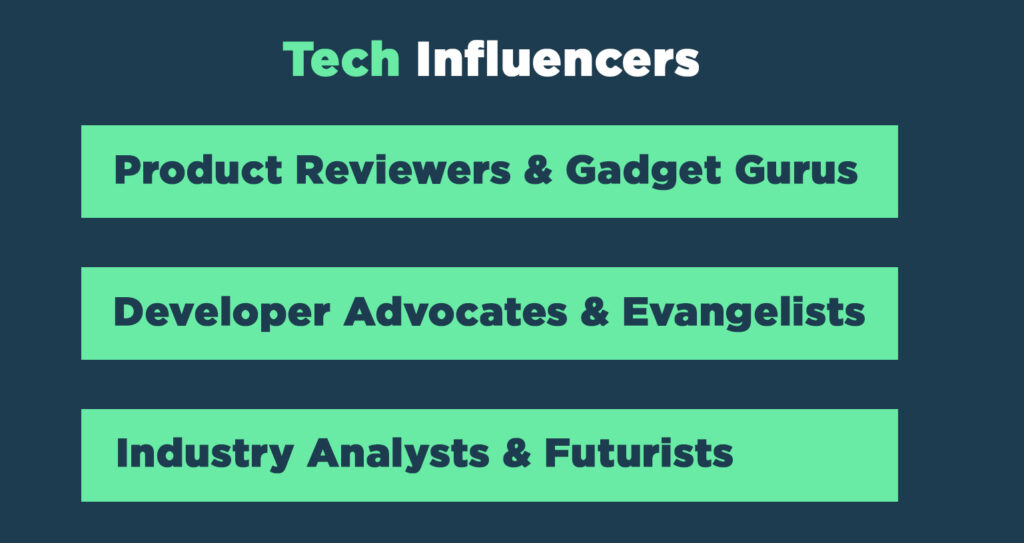
- Product Reviewers & Gadget Gurus: On YouTube, Marques Brownlee and Linus Sebastian set the standard for hands-on demos, unboxings, and benchmark tests—helping consumers decide between the latest smartphones, laptops, and smart-home gadgets.
- Developer Advocates & Evangelists: Google Cloud’s Kelsey Hightower and AWS’s Amy Wibowo break down complex APIs and architectures with sample code, hackathons, and community Q&As that make developer adoption seamless.
- Industry Analysts & Futurists: Visionaries such as Benedict Evans and Mary Meeker distill trillions of data points into trend-forecasting slide decks and white papers that guide venture capital funding and corporate R&D roadmaps.
Fashion Influencers

- High-Fashion / Couture Influencers: Chiara Ferragni and Aimee Song set the tone at Milan, Paris, and New York Fashion Weeks, collaborating on capsule collections and defining the runway looks that luxury houses then adopt.
- Micro-Influencers & Niche Creators: Cassidy of SustainablyChic and plus-size advocate Tess Munster speak directly to eco-conscious shoppers and curvy fashion fans, offering authentic styling tips that drive high engagement.
- Celebrity Stylists & Wardrobe Curators: Kate Young and Law Roach, the tastemakers behind A-list red-carpet looks, now share virtual styling sessions and digital lookbooks that let everyday fashion lovers edit their closets like Hollywood stars.
Fitness Influencers

- Certified Personal Trainers & Coaches: Fitness entrepreneurs Kayla Itsines and Joe Wicks turn HIIT, strength training, and functional-fitness routines into bestselling apps, e-books, and subscription platforms backed by vibrant online communities.
- Professional Athletes & Endurance Experts: Ultra-endurance advocate Rich Roll and Olympic gold-medalist Allyson Felix lend trail-tested authenticity to gear, supplements, and recovery protocols that both amateurs and pros rely on.
- Yoga & Mind–Body Instructors: Adriene Mishler of Yoga With Adrene and Rachel Brathen of Yoga Girl guide millions through flows, meditation, and breathwork—offering free YouTube series, retreat packages, and limited-edition mat collections.
Health Influencers
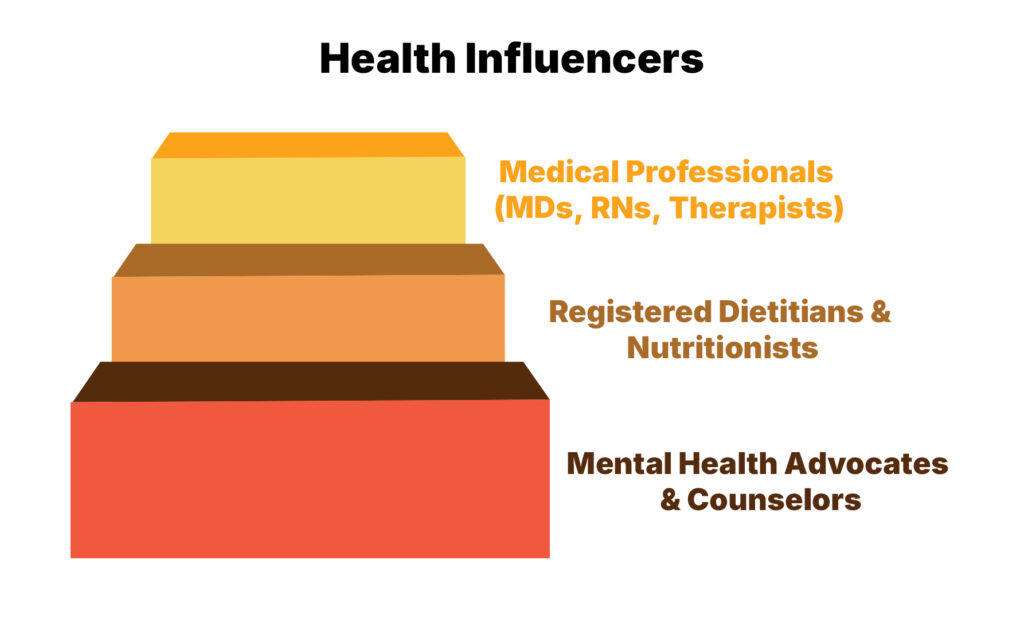
- Medical Professionals (MDs, RNs, Therapists): Dr. Mike Varshavski and Nurse Blake use TikTok Q&As, Instagram Reels, and patient-friendly blog posts to debunk myths, explain new treatments, and combat health misinformation with evidence-based advice.
- Registered Dietitians & Nutritionists: Share meal-prep ideas, macronutrient breakdowns, and grocery-haul videos. Perfect partners for healthy-food brands, supplement launches, and recipe-driven cook-along events.
- Mental Health Advocates & Counselors: Offer coping tools, self-care plans, and therapy insights. Brands in wellness, sleep tech, or stress-management apps can co-create guided-audio content or host virtual support circles.
Finance Influencers

- Personal Finance Educators: Bloggers and YouTubers like Graham Stephan or The Financial Diet teach budgeting, debt strategies, and beginner investing. Ideal for affiliate campaigns, budgeting-app integrations, or “money-makeover” series.
- CFPs & Wealth Advisors: Offer tailored retirement plans and tax-optimization strategies. Brands can collaborate on webinars, e-book co-publishing, or high-net-worth roundtables.
- Fintech Evangelists: Highlight mobile-banking apps, robo-advisors, and payment platforms. Perfect for beta-program sponsorships, app-feature tutorials, and promo codes embedded in “how-to” guides.
Venture Capital Influencers

- Venture Capital Partners & Principals: Fred Wilson and Aileen Lee share transparent term-sheet breakdowns, sector-spotting theses, and emerging-tech insights in blog posts and Twitter threads that guide founders and fellow investors alike.
- Angel Investors & Syndicate Leads: Offer seed-round insights, term-sheet tips, and pitch-deck walkthroughs. Brands can co-host investor panels, founder bootcamps, and demo days.
- Startup Mentors & Accelerator Directors: Dave McClure of 500 Startups and Albert Wenger of Union Square Ventures lead cohort-based programs—on product-market fit, growth hacking, and fundraising—culminating in high-stakes demo days.
Stock Market Influencers
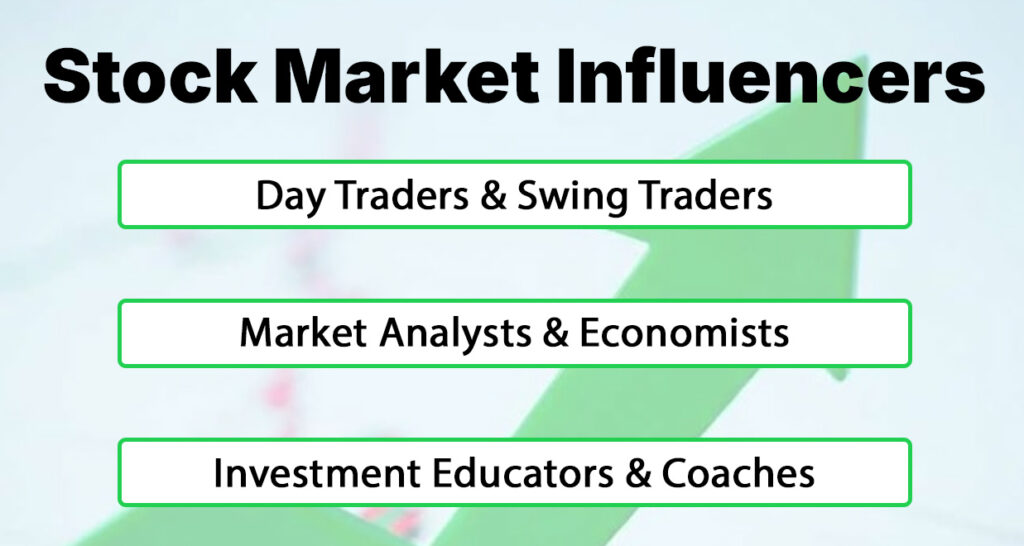
- Day Traders & Swing Traders: Ross Cameron’s Warrior Trading and Steven Dux deliver real-time trade recaps, chart analysis, and proprietary indicator signals—often behind paid subscriptions that promise actionable setups.
- Market Analysts & Economists: Deliver weekly macro-outlooks, sector-rotation ideas, and Fed-watch analysis. Brands can sponsor newsletter segments, economic-data dashboards, or co-branded quarterly forecasts.
- Investment Educators & Coaches: Phil Town and Tony Robbins teach core principles of value investing, technical analysis, and options trading with structured courses, certification tracks, and live workshops.
Celebrity Influencers

- A-List Film, Music & Sports Stars: Beyoncé and LeBron James drive instant visibility for luxury and mass-market brands alike, commanding six- to seven-figure sponsorship deals that reach global audiences.
- Reality TV & Social Celebrities: Kim Kardashian and Addison Rae blend relatability with star power, excelling in Instagram Stories, TikTok challenges, and flexible product integrations that feel authentic.
- Athletes & Fitness Celebrities: Cristiano Ronaldo and Simone Biles combine athletic credibility with lifestyle influence, partnering with sportswear, wellness, and health-tech brands for trusted endorsements.
- Entertainment & Music Personalities: Taylor Swift and The Weeknd turn tour visuals, music videos, and red-carpet moments into cultural events—amplifying fashion, beauty, and tech collaborations into viral phenomena.
How to Collaborate with Influencers?

Collaborating with influencers requires a thoughtful and strategic approach to ensure authenticity, alignment, and results. Here’s how you can do it effectively:
- Define Your Goals: Before reaching out, be clear about what you want to achieve—brand awareness, engagement, website traffic, or sales. Your goals will guide the rest of your collaboration.
- Identify the Right Influencers: Look for influencers whose audience, values, and content style align with your brand. Use tools like BuzzSumo, Upfluence, or simply research through social platforms to find the right fit.
- Give Creative Freedom: Influencers know their audience best. Allow them to craft content in their voice while keeping your brand guidelines in mind. Authenticity drives better results than rigid scripts.
- Track Performance: Use analytics tools or custom links to monitor how the campaign is performing. Evaluate metrics like engagement, reach, traffic, and conversions to measure success.
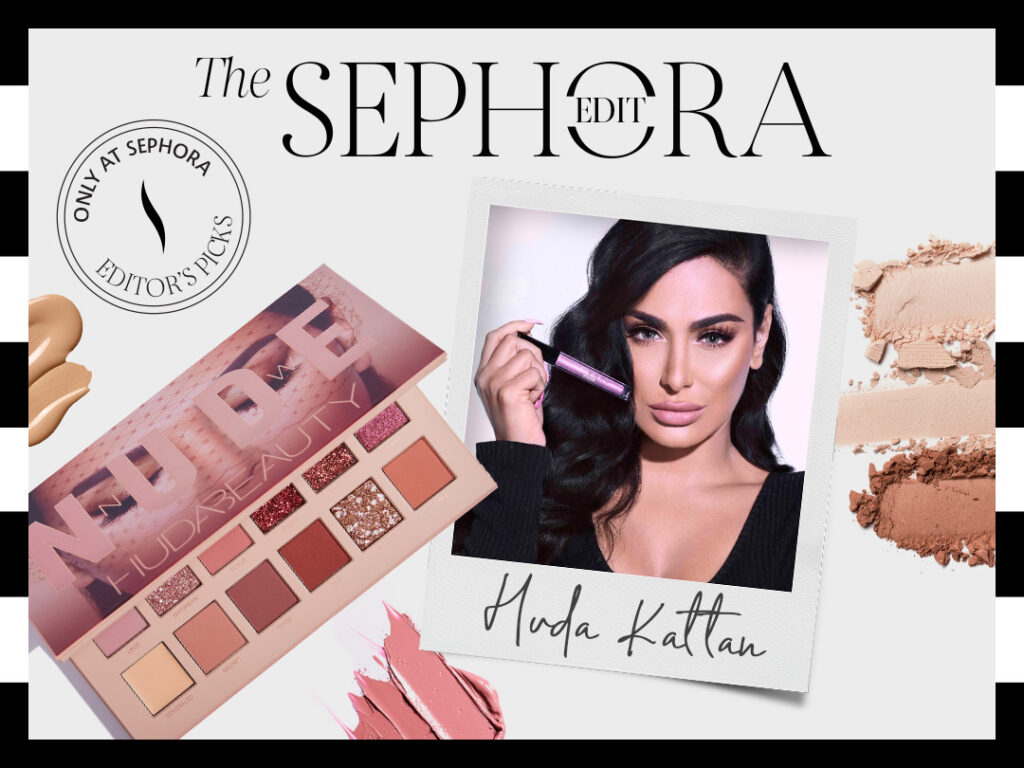
- Sponsored Content: Partner with influencers to create and share branded posts that showcase your product or service in an authentic and engaging way.
- Brand Ambassadorship: Build long-term relationships where influencers regularly promote your brand, becoming trusted advocates over time.
- Product Seeding: Send free products to influencers with no obligation, encouraging them to share genuine reviews or features if they like what they receive.
- Collaborative Giveaways: Work with influencers to host giveaways, providing your product as the prize to boost brand visibility, audience interaction, and new follower growth.
Case Studies
Google Pixel & Marques Brownlee (MKBHD)
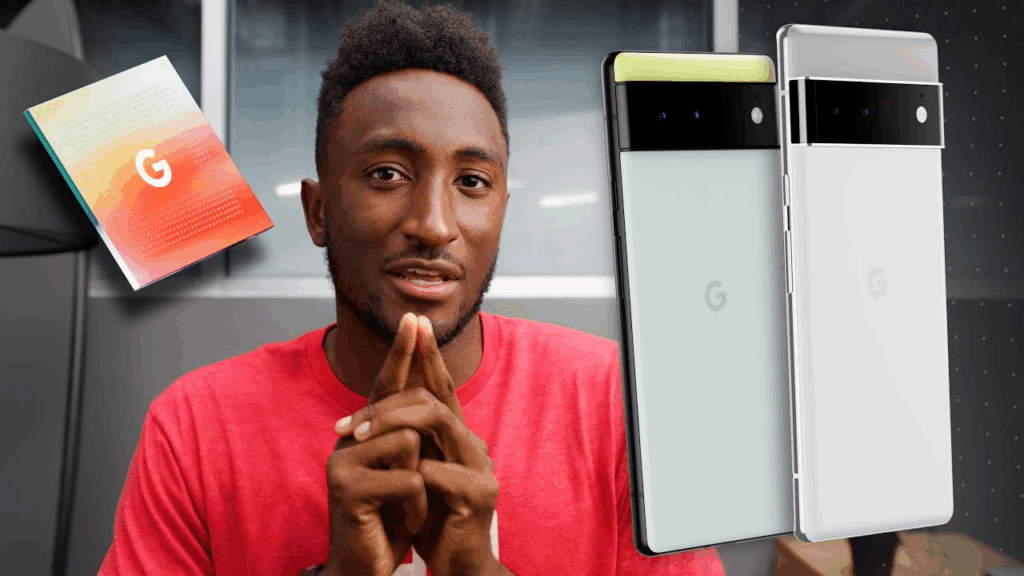
Google’s invite-only “Team Pixel” program seeded devices to top tech reviewers like Marques Brownlee. His high-profile Pixel 6 review coincided with the series becoming Google’s fastest-selling Pixel ever, outselling previous generations in its first month on the market
Lululemon & Rachel Brathen (“Yoga Girl”)

Lululemon partners with yoga star Rachel Brathen (@yoga_girl), whose Instagram following tops 2.1 million and who commands up to $25,000 per sponsored post. This alignment with a top fitness influencer has reinforced Lululemon’s wellness image and amplified reach within core yoga communities
Nike & Michael Jordan (Air Jordan)
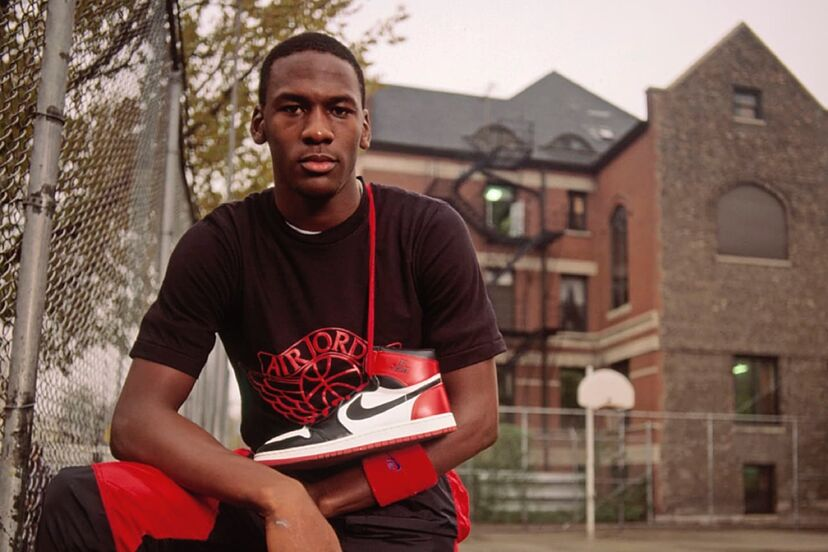
Since 1984, Nike’s signature deal with Michael Jordan has birthed the Air Jordan line. The original “Banned” Air Jordan 1 sold out 50,000 pairs in its first year, generating over $150 million in sales, and by 2022, the Jordan Brand itself hit $5.1 billion in annual revenue, accounting for over 11% of Nike’s total sales
Sephora & Huda Kattan (Huda Beauty)

After Sephora Dubai picked up Huda Beauty’s first lashes, founder Huda Kattan saw 7,000 units sold in one week, driving the brand to $400 million in retail sales within two years. Sephora’s early backing was pivotal to Huda Beauty’s rapid rise to a billion-dollar empire
Warby Parker & #WearingWarby Micro-Influencers
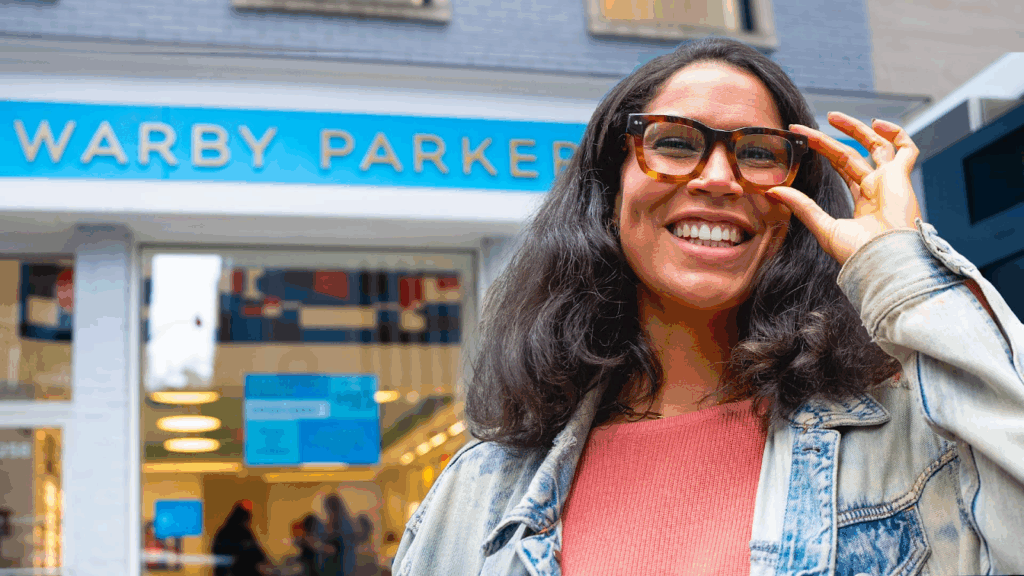
Warby Parker’s “Wearing Warby” campaign tapped 7 micro-influencers who already loved the brand. Their unboxing and try-on posts reached 840,000+ followers, boosting social engagement and driving significant upticks in Home Try-On participation
Ford & Doug DeMuro

Ford invited automotive YouTuber Doug DeMuro to review the pre-production Bronco. His video amassed 960,000 views, generating massive early awareness and helping fuel demand for test drives ahead of launch
Roger Federer Wilson

RF has been around for over 10 years. Roger Federer’s partnership with Wilson spans more than two decades, culminating in the global launch of the RF Collection on August 8, 2024—Federer’s birthday.
The centerpiece RF 01—born during Federer’s injury hiatus to boost head speed without sacrificing Wilson’s signature feel—emerged from over two years of co‑development, fine‑tuning frame geometry, carbon layup, and weight distribution.
This athlete‑led innovation not only reflects Federer’s exacting standards but also cements Wilson’s reputation for performance‑driven design, delivering rackets that marry pro‑level technology with insights from one of tennis’s all‑time greats.
Gary Vaynerchuk (Gary Vee)

- Serial entrepreneur and investor behind VaynerMedia and VaynerX with 3M+ followers
- Shares 60–90 sec micro-advice videos on spotting trends, pivoting under pressure, and monetizing passion
- Hosts live Q&As on e-commerce, NFTs, and scaling brands
- Empowers solopreneurs and corporate teams with zero-BS tactics that often yield rapid ROI
Martin Lindstrom

- New York Times bestselling author specializing in consumer psychology and brand loyalty
- Crafts deep-dive posts on the neuroscience of color, “magic moments” in UX, and small behavior tweaks
- Illustrates revenue-boosting case studies from P&G, Lego, and other global giants
- Equips CMOs and innovation teams to anticipate cultural and behavioral shifts
Dr. John Maeda

- Designer, technologist, ex-RISD president, and advocate for integrating creativity into tech (“STEM → STEAM”)
- Publishes visual essays blending hand sketches and data viz to explain concepts like “Algorithmic Empathy”
- Interviews creative-tech leaders on humanizing AI, IoT, and product design
- Guides product and UX professionals on embedding empathy, aesthetics, and ethics into innovation
Shama Hyder

- Founder & CEO of Zen Media, “Zen of Social Media Marketing” author, and LinkedIn Top Voice
- Provides step-by-step guides for crafting viral LinkedIn articles, leveraging micro-influencers, and mastering live video
- Breaks down real-world campaign ROIs (often 10× growth) to show actionable best practices
- Issues weekly “Social Media Monday” checklists to optimize profiles, schedules, and engagement
Justin Welsh

- Solopreneur coach and former SaaS exec with 650K+ followers
- Shares “build in public” frameworks, revealing daily routines, revenue figures, and growth hacks
- Distributes ready-to-use templates (content calendars, outreach sequences) that cut trial-and-error time
- Demonstrates how to bootstrap an audience and monetize expertise solo—no big team or ad budget needed
TechCrunch
Ingrid Lunden
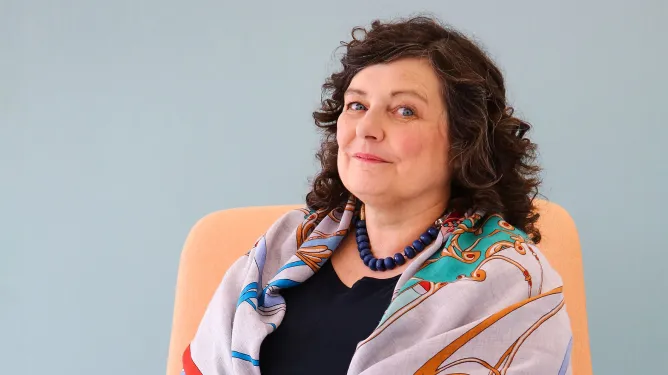
- Europe Editor at TechCrunch with ~67K followers, known for rigorous “State of European Tech” reports that combine funding data, market trends, and regional startup snapshots
- Produces mini-documentaries and long-form essays that highlight emerging hubs beyond London and Berlin—she’s broken stories on Nordic scale-ups and Southern Europe’s deep-tech surge
- Regularly conducts on-the-ground interviews at TC Disrupt and local events, profiling founders’ journeys and unpacking how EU regulations shape innovation
Kyle Wiggers

- AI Editor at TechCrunch with ~12K followers, covering generative models, robotics integration, and ethical implications of machine learning
- Delivers timely analysis on major research breakthroughs and platform launches—he’s one of the first to explain new GPT-style model capabilities in plain language
- Tracks corporate AI strategies, from big-tech R&D roadmaps to startup acquisitions, helping readers understand how investments today power tomorrow’s products
Mary Ann Azevedo

- Fintech Reporter at TechCrunch with ~11K followers, author of the “TC Fintech” newsletter that breaks down weekly funding rounds, M&A deals, and policy shifts
- Provides data-backed deep dives into investment patterns—she’s dissected why neo-banks are hot, what’s driving insurtech valuations, and how regulators respond to crypto experiments
- Interviews fintech founders and VCs to surface actionable takeaways about go-to-market tactics, customer acquisition costs, and evolving compliance landscapes
Brian Heater

- Hardware Editor at TechCrunch with ~9K followers, specializing in robotics, IoT devices, and consumer electronics innovation
- Writes detailed explainers on product demos—whether it’s a humanoid prototype or a drone swarm—and dissects the underlying engineering challenges and market fit
- Analyzes funding and supply-chain trends for hardware startups, spotlighting which incubators and VC firms are backing next-gen manufacturing and automation
Sarah Perez
- Mobile & Social Apps Reporter at TechCrunch with ~8K followers, covering major platform updates on TikTok, Instagram, and emerging social platforms
- Quickly breaks news on feature rollouts—like new Reels tools or in-app commerce functions—and follows how developers and marketers adapt to algorithm changes
- Examines the business side of apps, from mobile payment integrations and subscription models to user-growth hacks, giving readers a full view of the app economy’s direction.
Conclusion
Influencers have become essential partners for brands looking to build genuine connections with their audiences. They help increase visibility, boost engagement, drive sales, and enhance brand credibility through trusted and relatable content.
By understanding the various types of influencers and forming thoughtful, authentic collaborations, businesses can expand their reach and strengthen their presence in the digital space. As online trends evolve, working with the right influencers will continue to be a powerful way to grow and connect meaningfully with your audience.
Deepak Wadhwani has over 20 years experience in software/wireless technologies. He has worked with Fortune 500 companies including Intuit, ESRI, Qualcomm, Sprint, Verizon, Vodafone, Nortel, Microsoft and Oracle in over 60 countries. Deepak has worked on Internet marketing projects in San Diego, Los Angeles, Orange Country, Denver, Nashville, Kansas City, New York, San Francisco and Huntsville. Deepak has been a founder of technology Startups for one of the first Cityguides, yellow pages online and web based enterprise solutions. He is an internet marketing and technology expert & co-founder for a San Diego Internet marketing company.



